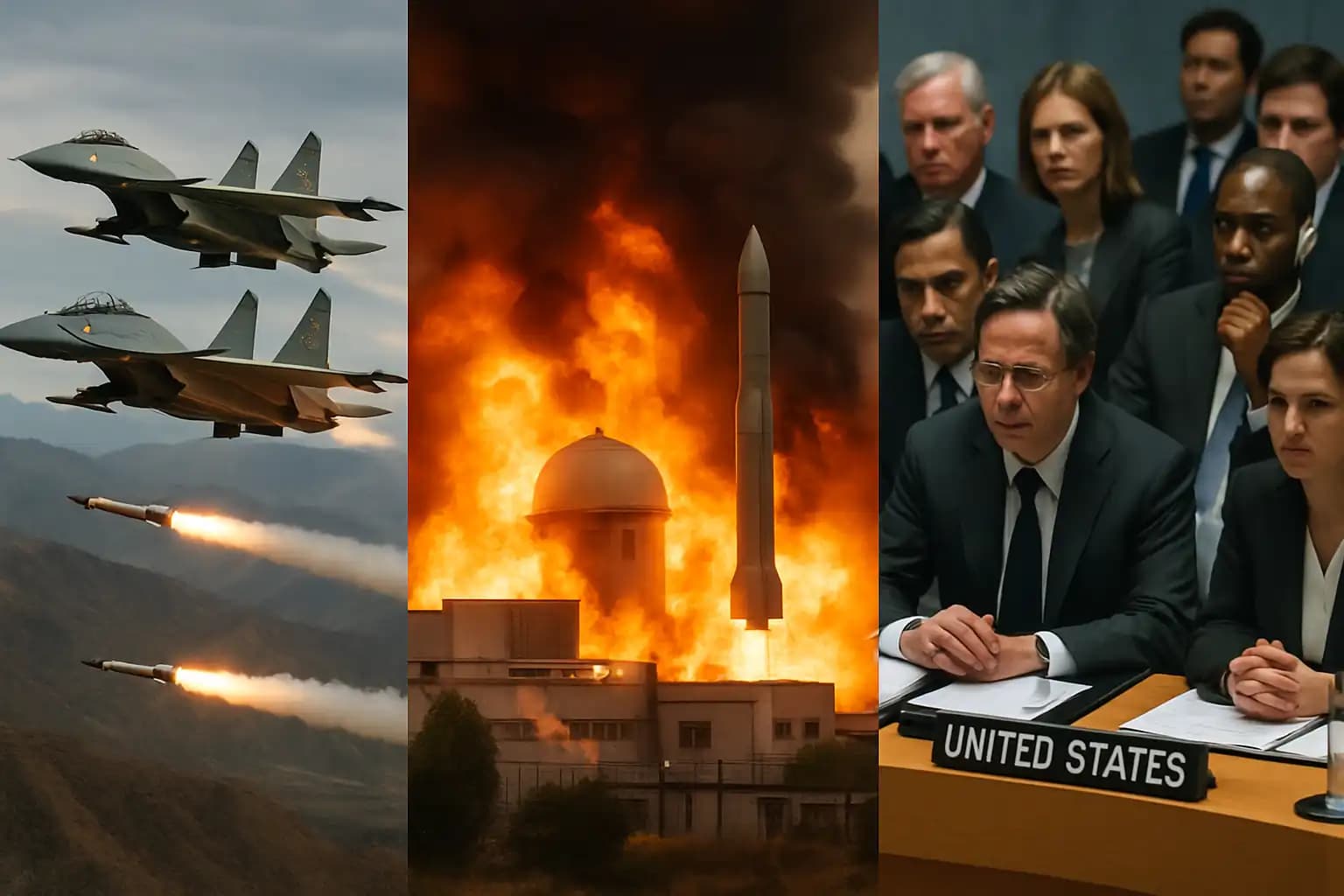In a sudden military operation, India reportedly destroyed a key nuclear weapons site in Pakistan, escalating tensions in the Kashmir conflict. These strikes reflect the region’s fragile balance of power and have intensified global fears of nuclear warfare and instability.
India’s Bold Military Maneuver Targets Nuclear Capabilities
India’s decision to target Pakistan’s nuclear infrastructure marks a new phase in their volatile relations. This unprecedented attack shows India’s resolve to counter threats and halt nuclear proliferation risks from its rival (AP News).
Nuclear weapons ensure strategic security; any disruption could trigger retaliatory actions, raising alarms among global experts. This incident highlights the thin line between defense and provocation in the nuclear age.
Historic Kashmir Conflict Fuels Current Crisis
This military offensive fits into the broader history of the Kashmir conflict. The once-cherished valley has long been a flashpoint, drawing India and Pakistan into multiple wars since their partition in 1947 (Wikipedia). The bitter dispute over Kashmir has now sparked another severe confrontation.
Decades of unresolved territorial disputes, worsened by geopolitical maneuvers, erode regional stability. Efforts for peaceful resolutions collapse under suspicion and nationalism, creating fertile ground for violence.
Immediate Fallout and International Reactions
Global reactions stressed restraint and diplomacy. International watchdogs closely monitor the situation, urging dialogue over warfare. Organizations condemned the escalation for its potential to unleash nuclear aggression, impacting both regional and global security.
India cited imminent threats from insurgent activities supported by Pakistan, referring to recent militant infiltrations and violent attacks in Indian-administered Kashmir. Pakistan denied these accusations, calling India’s actions provocative and irresponsible. Nations worldwide await potential retaliation and further escalation.
The Complex Web of Regional Instability
The geopolitical implications extend beyond immediate violence. Changes in regional alliances, tensions with China, and disrupted trade routes emphasize the ripple effects of local hostilities. The situation worsens the humanitarian crisis, affecting civilians facing displacement and human rights violations in a militarized zone.
Observers warn of escalating rivalries, deepening shadows over an already unstable region. Despite international peacekeeping efforts, maintaining neutrality proves difficult amid rising nationalist sentiments fueled by military actions.
Prepare for the Unthinkable
As tensions rise in the Himalayas, awareness campaigns about survival during potential nuclear exchanges have increased. Platforms like Unexplained.co detail the catastrophic consequences of these tensions, emphasizing preparation and informed responses during such unpredictable events.
With memories of past conflicts and worries about a grim nuclear future weighing heavily, citizens and global communities must stay vigilant, preparing for the worst while hoping for a diplomatic breakthrough.





